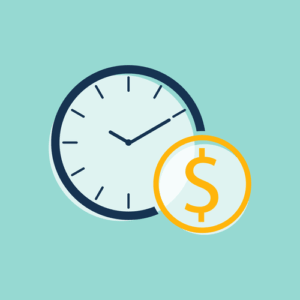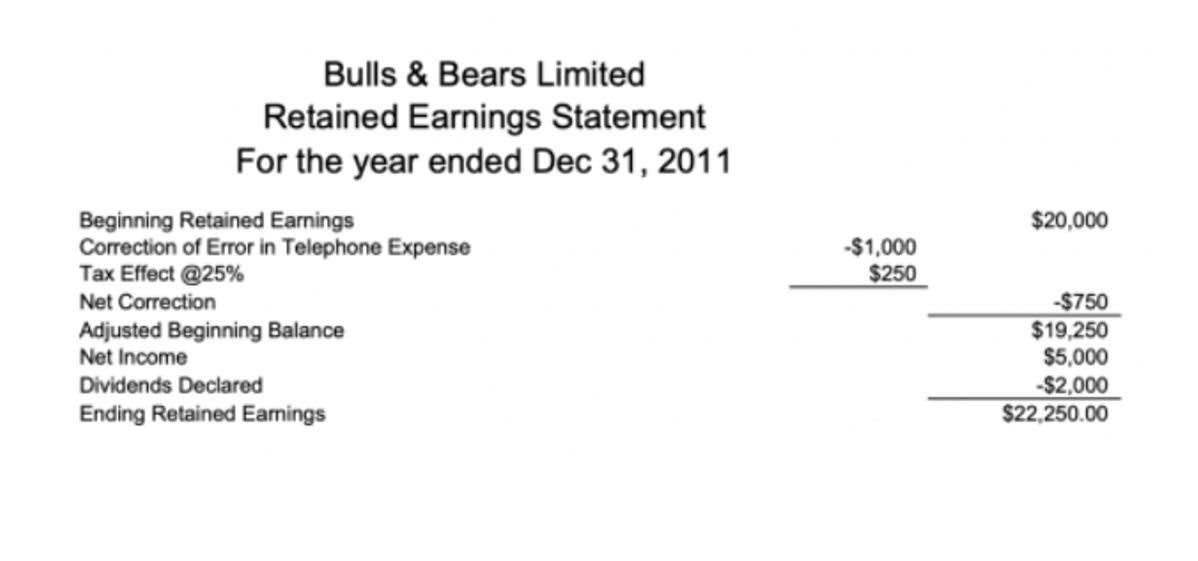
Your time is also valuable and should be considered when looking at accounting costs. The less time you spend on bookkeeping and taxes, the more time you have to grow your business. The average cost of an accountant for a small business is $1,000 to $5,000 per year, including all monthly how much does a cpa cost expenses. In addition to budgeting and fundraising, debt consolidation, tax strategies, buying and selling businesses, and fundraising, an accountant can provide many more services to your business. Additionally, it’s worth considering the value that a CPA can bring to your business.

On the other hand, top talent in a tax accounting company in a large city may fetch up to $500 per hour. Like any other professional, CPAs use their experience and skill level to set prices. While the thought of spending so much money to have your taxes handled by an expert may be painful, choosing an untrained tax counselor might backfire. You can also compare the costs and benefits of outsourcing some tasks that you can do using software or other methods.
Can a CPA firm help me save money?
You’ll want to see if the accountant has experience in your particular industry. This is important because you want to hire an accountant that can handle your unique situation. The accountant will create financial reports, analyze them, and advise you on how to manage your cash flow. Before you hire an accountant, you want to make sure that it’s the best move for your business. That can start by understanding the differences between an accountant and a bookkeeper.
Opportunities to expand and grow increase the value of the business, and the business itself has a value. If the right moment and the right offer comes along, selling the business can result in significant income for the business owner and the cash to start up another business from a position of security. The government supports small businesses and wants to encourage their formation and success.
Simplify Your Business Finances
Since you will be the one who pays for it if something goes wrong, you want to make sure you can trust your CPA. If you call them up and they’re weird about meeting in person, call someone else. If you want to be successful, find a successful person and copy what they do. Go ahead and piggyback on their success—you don’t have to always learn everything from scratch!
- That depends on a wide range of factors, like the type of business, how many owners, investments, the state you live in, the number of returns and possibly more.
- There are many tax filing errors that small business owners can make that will result in penalties.
- One of the benefits of having the same CPA every year is paying the same price each time they handle your taxes.
- An accountant takes a look at a business’s bookkeeping data to provide financial insights, such as reports, financial planning, and tax forms.
- If your books aren’t accurate and current, your CPA will have to do that work for you — which they’ll charge you for.
- Whether or not it makes sense to hire a CPA for your business depends primarily on the complexity of your financial situation.
Although it may feel like the cost of your return is adding up, there are ways to lower the cost of working with a CPA firm to prepare your taxes. Working with an adviser may come with potential downsides such as payment of fees (which will reduce returns). There are no guarantees that working with an adviser will yield positive returns. The existence of a fiduciary duty does not prevent the rise of potential conflicts of interest. There are so many things to consider and keep track of when starting a business that it can all seem overwhelming.